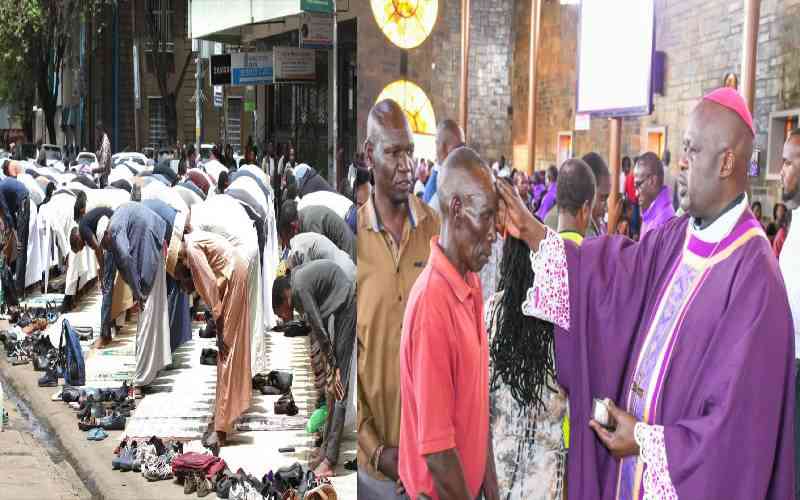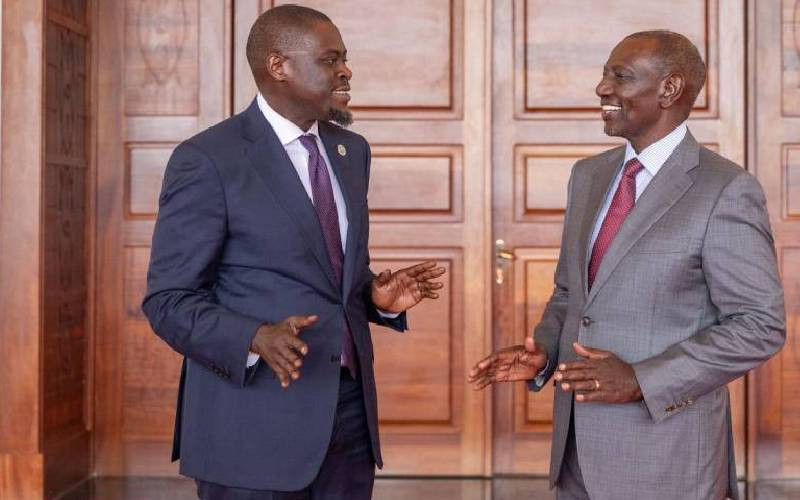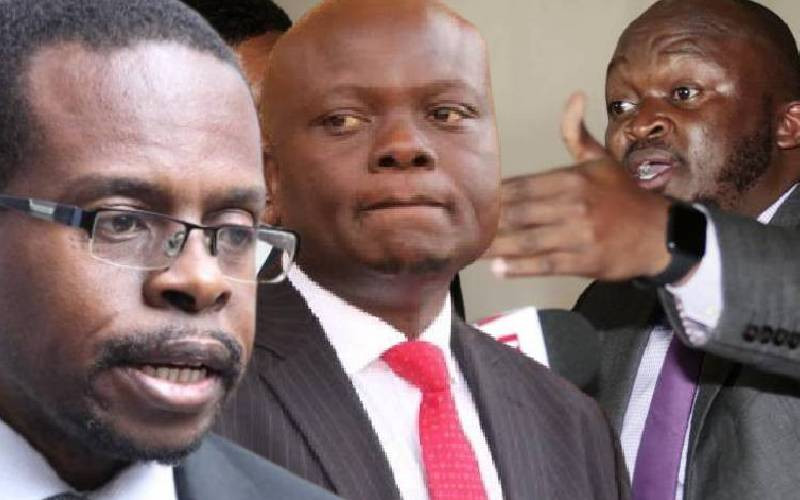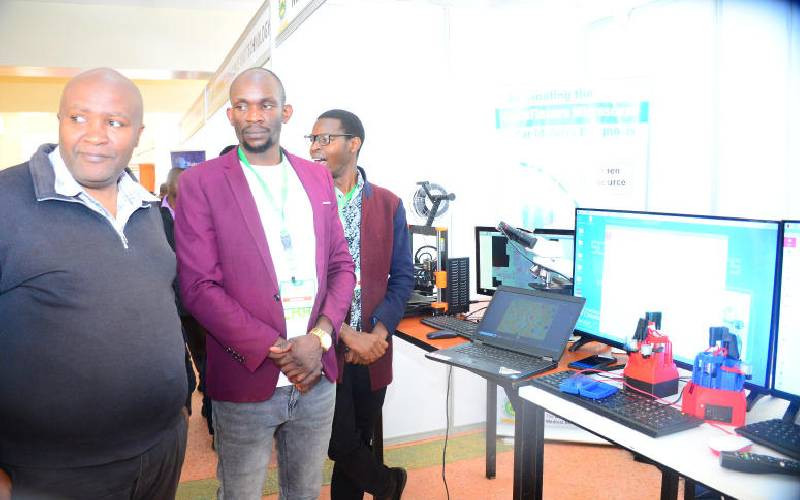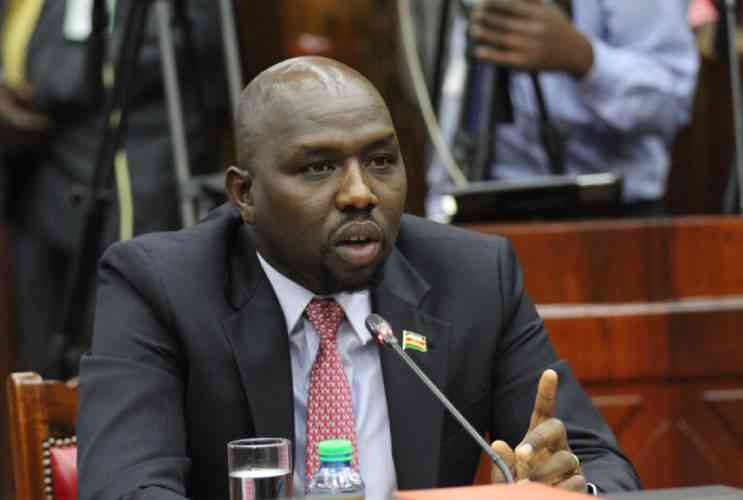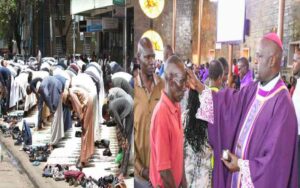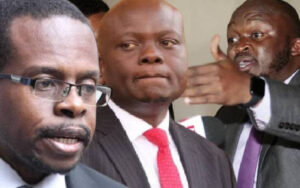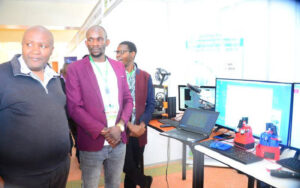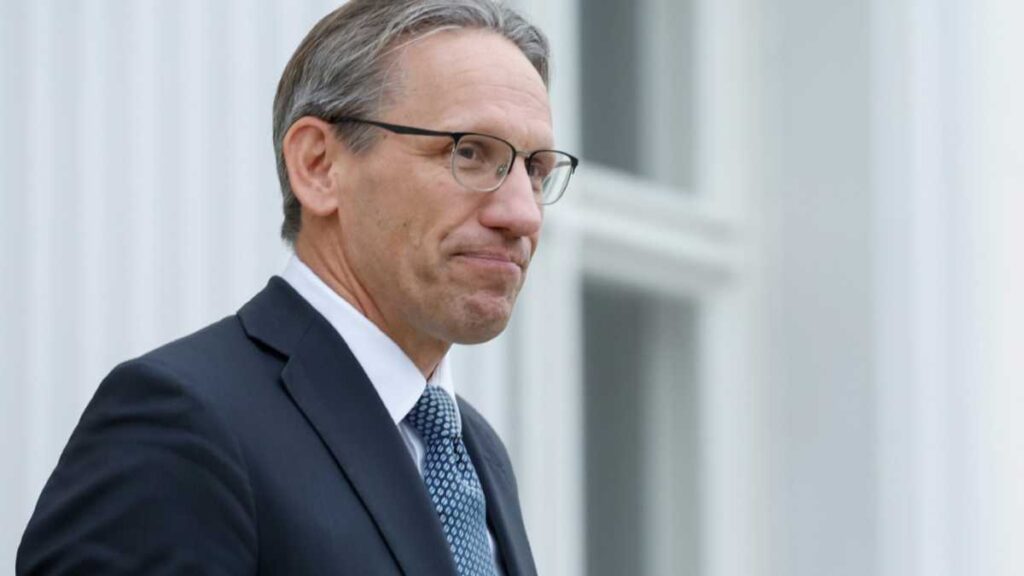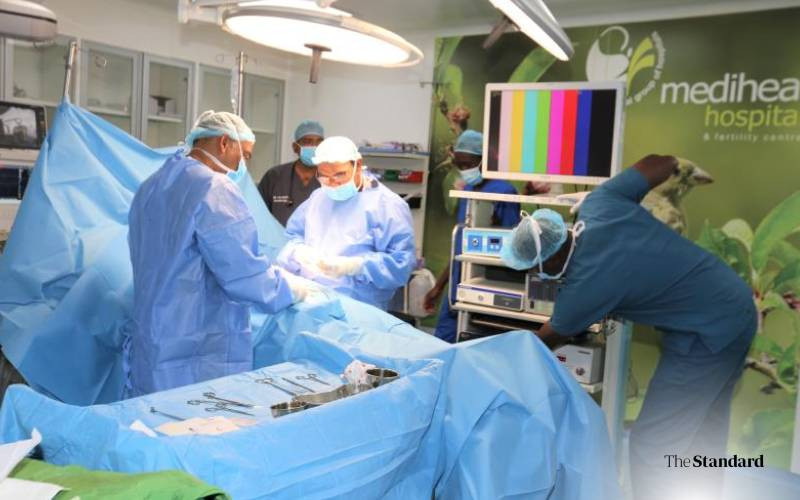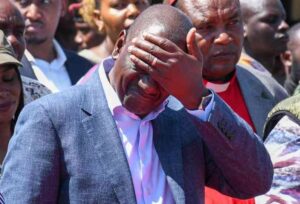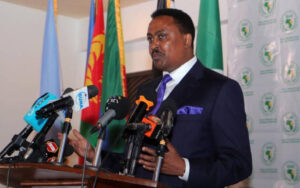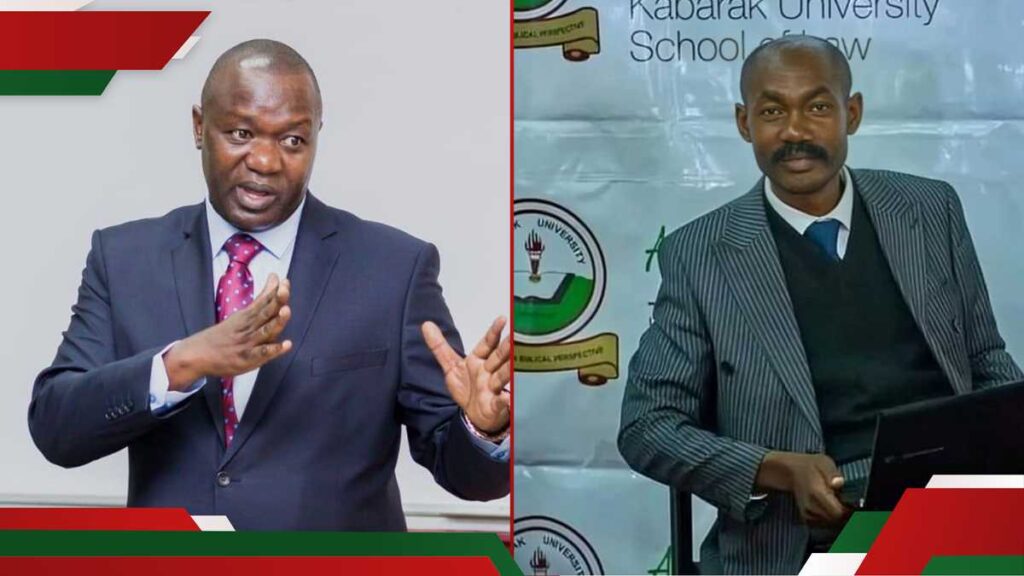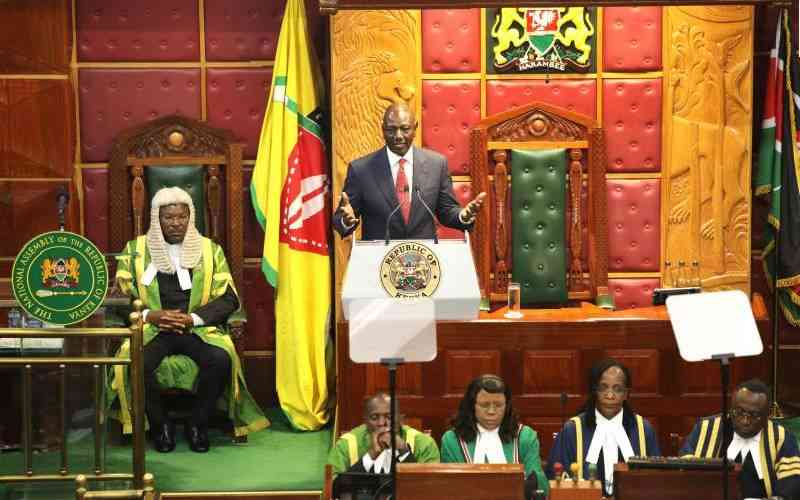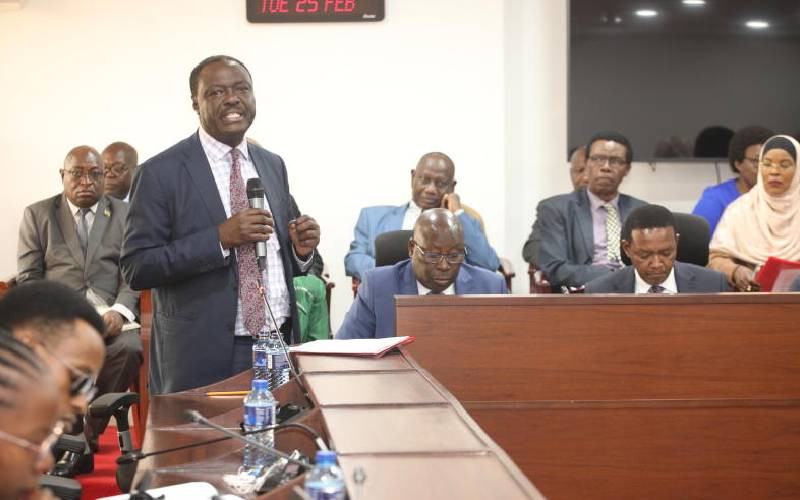Interior Cabinet Secretary Kipchumba Murkomen has alleged that a recent BBC documentary on sex trafficking of underage girls in Mai Mahiu was a hoax.
Speaking at the National Assembly’s plenary session, the CS said that four people who appeared in the documentary told police that the BBC team had asked them to identify vulnerable girls for the film.
“They said that they had been approached by BBC investigative journalists who requested them to identify vulnerable girls aged between 17 and 21 years for a purported foreign sponsorship program,” he responded to a question raised by Gilgil MP Martha Wangari.
He said that police had interviewed Lucy Njoroge, one of those featured, who said that she lives with four women aged between 19 and 24 and they too had their statements taken.
“According to witnesses, BBC representatives promised substantial payments and lifestyle benefits to those who were involved,” said the CS.
He added that the probe had shown that the BBC team allegedly sought underage girls for the film, but some falsified their age to qualify for the sponsorship.
The CS told MPs that the BBC team had allegedly promised two women who posed as traffickers in the film a significant amount of money and had since relocated to an unknown location.
He said that police are yet to rescue any victims of sex trafficking in Mai Mahiu, but investigations into the matter are ongoing.
“It is now apparent that the documentary failed to meet the intended purpose due to falsified information from several interviewees.”
The CS said that even though prostitution is illegal in the country, it was still rampant, especially in the northern corridor and that measures in place do not prevent underage children from accessing lodgings.
Speaker Moses Wentangula said that he watched the documentary and it was meant to damage Kenya’s reputation, adding that it did not seek to bring any facts to the fore.
Kisumu East MP Shakeel Shabbir endorsed Wetangula’s assertion, saying that the journalists behind the documentary should be punished.
“We are confirming that from this statement, the entire report [documentary] was fake because the people who were interviewed were not underage.”
He said that so far police have yet to get any evidence that may lead to the prosecution of the people behind the documentary, since it was a hoax.
Murkomen said that Kenya was not ready to have police officers wear body cameras since there is no budgetary allocation for such.
Stay informed. Subscribe to our newsletter
He said that the ministry was working with the police to address mental health issues, which he said are exacerbated by issues including their deployment to hardship areas without transfer within four years as required.
The CS said that police stations rank as the worst government offices and called on MPs and County Governments to work towards the construction of police stations.
When asked about an order by the High Court that directed police to wear uniforms during demos, Murkomen said that apart from the Directorate of Criminal Investigations (DCI), all other officers had uniforms.
He added that DCI officers are always in civilian clothing and it is therefore impossible to require them to wear uniforms when covering demos.
He said that the DCI officers are deployed in demos to collect evidence to aid in probing any crimes committed.
“The judge who is making that decision is making it at his comfort in his office in Milimani with air conditioning,” said Murkomen, adding that all arms of government must come to an understanding on matters of national interest.
“Sometimes courts make decisions that they cannot enforce because the judge is saying you dress in a certain manner, but they will not be there when the police are fighting Al Shabaab to monitor how they will dress and look.”
He at the same time ruled out any compensation for property lost during the demos, saying the presidential directive was for families who had their loved ones killed during the demos.


